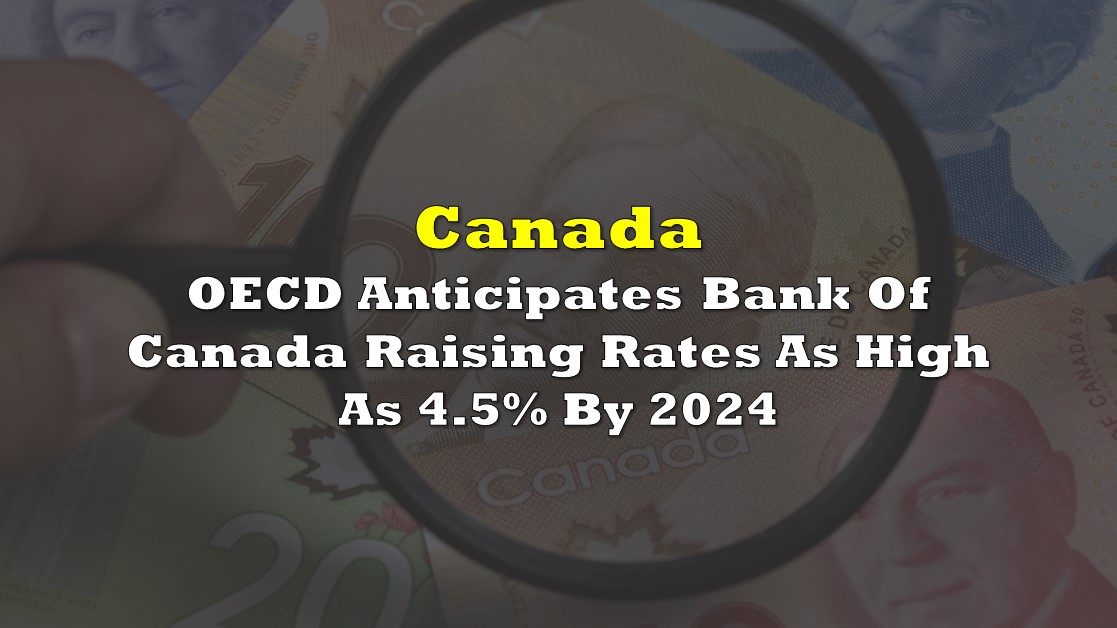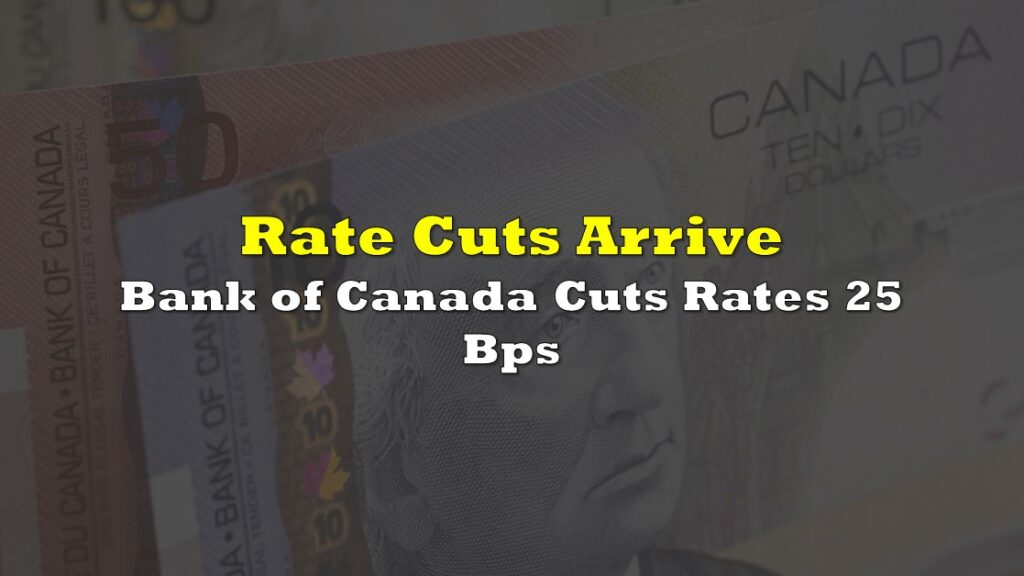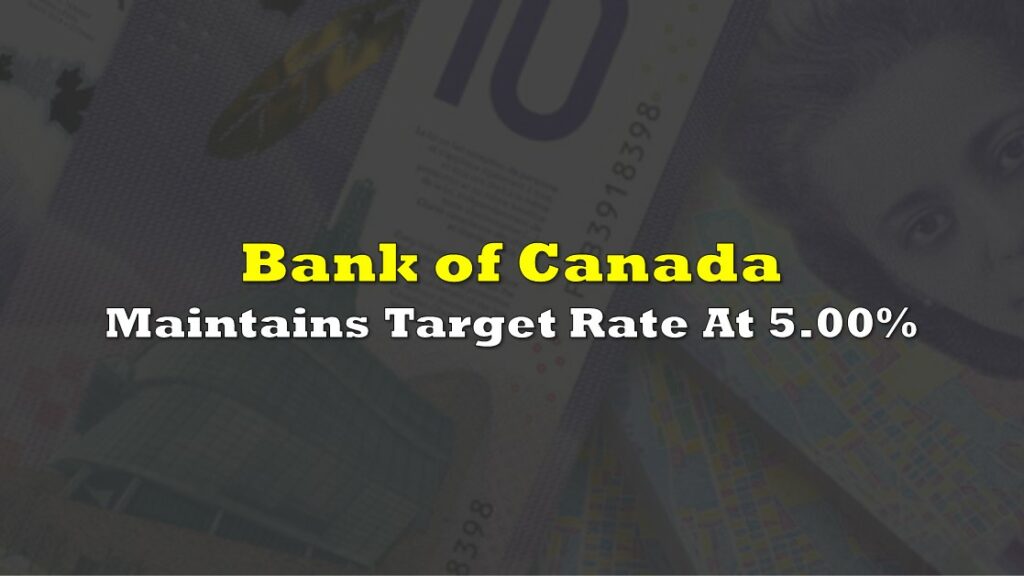The Organisation for Economic Co-operation and Development (OECD) provided their economic outlook in September, with the interim report titled “Paying the Price of War,” where they suggest that multiple economies have seen their growth stalled and will likely see an “extended period of subdued growth.”
The OECD notes that prior to Russia’s “unprovoked, unjustifiable and illegal war of aggression against Ukraine,” the economic backdrop looked to be a return to normal after the two or so years of the COVID-19 pandemic. Now the economic backdrop looks a lot worse, with the OECD saying that global GDP has stagnated during the second quarter of 2022 and outputs are declining in the G20 economies.
They comment that “additional monetary policy tightening is required to lower inflation,” projecting that many of the G20 countries will continue to raise their key interest rates through 2023. In terms of Canada, they expect the country to raise their rates to 4.5%.
The current overnight rate the Bank of Canada targets is 3.25%; this was after the Bank of Canada was one of the first countries to raise their interest rates by 0.75%. This means the OECD expects the Bank of Canada to raise rates another percent through the next ten meetings that will happen between now and the end of 2023.
According to Reuters’ BoCWatch, traders believe this will be the case as they are pricing in a 0.50% hike during the Bank’s October 26, 2022 meeting and ending 2022 and entering 2023 with an overnight interest rate at 4.00%.
As a result, they have lowered their projected global growth rate to 2.2% in 2023, down from their June forecast of 2.8% and down from the 3% projection in 2022, which is “well below the pace foreseen prior to the war.” They quantify this as a drop of about US$2.8 trillion in global incomes, lower than what was previously expected a year ago.
Specifically, Canada’s OECD projections for real GDP growth were cut by 0.4% in 2022, bringing Canada’s projected real GDP growth to 3.4%. While this rate will be more than cut in half in 2023 as they expect real GDP growth to be 1.5% in 2023, down 1.1% from its June forecast.
The OECD believes that high inflation is starting to become entrenched in the G20 countries, which is the reason they are anticipating additional rate hikes into 2023. They say that inflation was above the target rates before the war in Ukraine broke out, with energy prices, freight costs, and food prices being the largest contributors to inflation.
Now because of the war, commodity prices have increased significantly as there are fears of disruptions over the supply of these commodities that are primarily produced in the two war-torn countries. They add that as a result of all of these factors, inflation has “become increasingly broad-based.”
Information for this briefing was found via the sources and companies mentioned. The author has no securities or affiliations related to this organization. Not a recommendation to buy or sell. Always do additional research and consult a professional before purchasing a security. The author holds no licenses.









